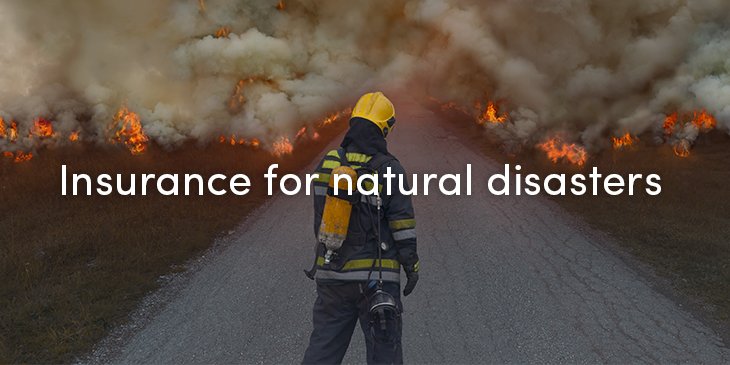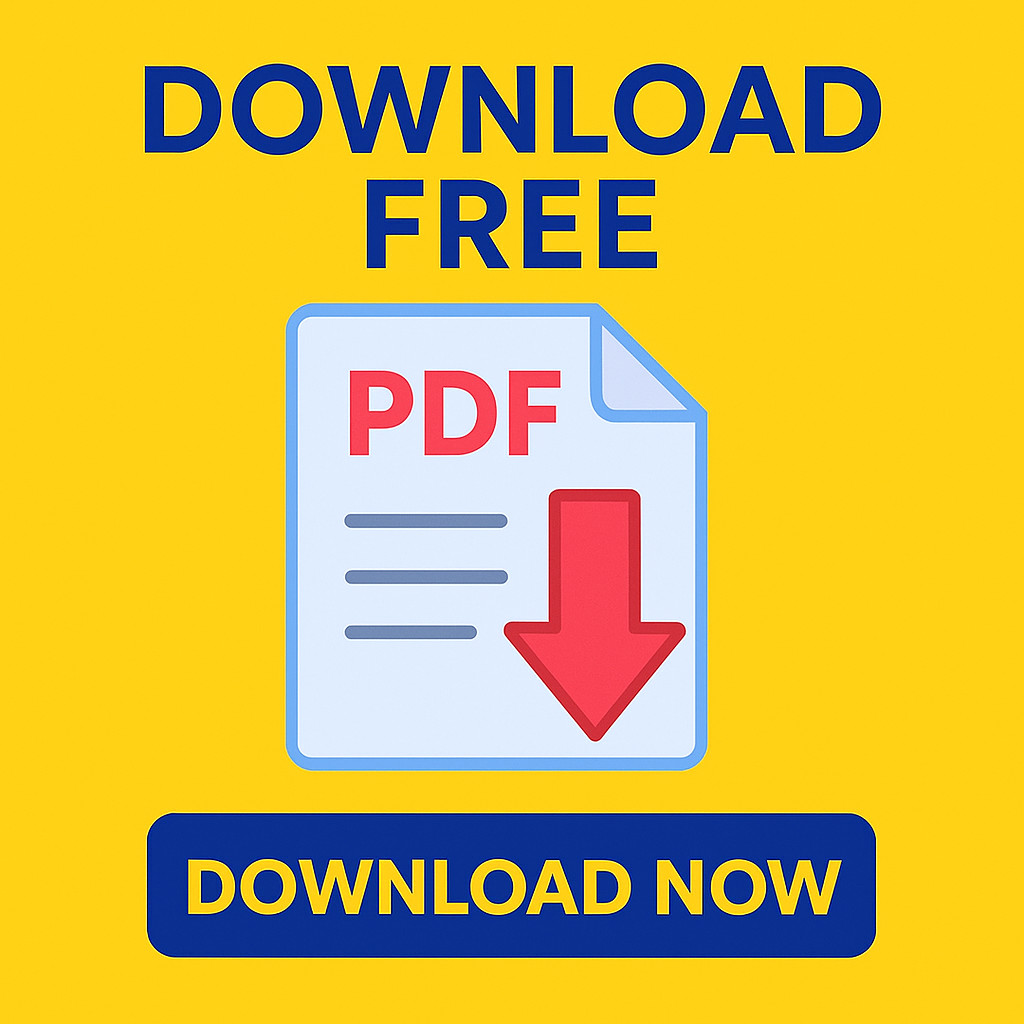
Introduction
Insurance, a primary financial safety net, stands as a bulwark against unforeseen circumstances, including natural disasters. It’s an arrangement that safeguards an individual’s or a business’s financial health against potential loss. As Mother Nature remains unpredictable, the significance of insurance grows immensely.
What is insurance and why is it important in the face of natural disasters
Natural disasters, such as hurricanes, wildfires, or earthquakes, can result in substantial physical and financial distress. That’s when insurance steps in. It provides financial support, aiding recovery and rebuilding after a disaster. Whether it’s repairing a damaged home or replacing lost possessions, insurance coverage eases the burden substantially and helps return life back to normal. Keep in mind, the specifics of what’s covered might vary depending on the insurance policy, so it’s always wise to review terms and conditions carefully.
Types of Insurance Coverage for Natural Disasters
Whether you live by the beachside or in a forested area, natural disasters are an omnipresent threat that can cause untold damage to your property. They come in all forms, from hurricanes and wildfires to floods and earthquakes. Thankfully, various insurance coverages can provide the much-needed financial cushion when ravaged by these disasters.
Homeowners insurance
In its basic form, homeowners insurance offers protection against a range of perils that might cause physical damage. It could cover the building, its contents, and any personal belongings.
Flood insurance
In essence, flood insurance will cover damages resulting from overflow of rivers, heavy and sustained rainfall, or storm surges.
Earthquake insurance
Earthquake insurance steps in to cover the costs associated with damages resulting from seismic activities.
Hurricane insurance
This insurance typically covers windstorm damages related to hurricanes. Make sure the ‘hurricane deductible’ is clear in your policy.
Wildfire insurance
For those in wildfire-prone zones, having this specialized insurance will cover losses from any wildfire damages.

Understanding Policy Coverage and Limitations
Protection against the unpredictable nature of natural disasters is key to financial security and stability.
Policy exclusions and limitations
In an insurance policy, there are often exclusions that delineate disaster types not covered. Earthquakes, floods, and landslides are commonly excluded events, requiring separate coverage plans.
Deductibles and Coverage limits
Deciphering deductibles and coverage limits is paramount. A deductible must be paid before the insurer remunerates your claim. Coverage limits outline the maximum amount an insurer will pay out for a covered loss.
Additional living expenses coverage
This coverage caters for the extra costs experienced when displacement from your home, due to a disaster event, becomes necessary. These could include hotel bills, meals, and other expenses above your usual living costs.
To stay prepared, read your policy clearly, understanding the exclusions and coverages and consider adding supplemental policies, if needed. Make sure you have enough insurance coverage to recover completely should disaster strike.
Steps to Take When Faced with a Natural Disaster
Any forward-thinking individual must accept the inevitability of natural hazards. Properly securing an insurance policy is one major way to ensure financial recovery when nature strikes. Let’s consider some action points;
Documenting your assets and belongings
It’s crucial to create an inventory. This includes video or photo evidence of your possessions. Such evidence eases the claim process considerably after a natural disaster.
Contacting your insurance provider
Don’t procrastinate!As soon as it’s safe, reach out to your insurer. They can provide crucial guidance, clarify coverages and kick-start the claims process.
Filing a claim and the claims process
Once your claim is submitted, an adjuster is frequently sent by your insurer. They’ll verify the extent of the damage and estimate the cost of repairs or replacement. Be cooperative, but thorough in your assessments to ensure you get your due compensation. You’ve taken wise steps here; breathe easier knowing you’re insured.
The Role of Insurance Adjusters
When it comes to dealing with insurance claims after a natural disaster, understanding the role of insurance adjusters is crucial. These professionals play a vital role in assessing damages and determining claim settlements.
What does an insurance adjuster do?
Insurance adjusters are individuals employed by insurance companies to evaluate claims made by policyholders. Their primary responsibility is to investigate and analyze the extent and cause of the damage. They review policy details, interview witnesses, gather evidence, and document the loss. Based on their findings, they determine the amount that will be paid out for the claim.
Assessing damages and determining claim settlements
Once an insurance adjuster has collected all the necessary information, they begin assessing the damages. This involves estimating the cost of repairs or replacement, considering depreciation, and evaluating the policy coverage limits. After completing their evaluation, they negotiate with the policyholder to determine a fair settlement amount.
It’s important to note that insurance adjusters work on behalf of the insurance company. Policyholders are encouraged to document damages, provide evidence of loss, and understand their policy coverage to ensure a smooth claims process. Consulting with a professional, such as a public adjuster, can also provide additional guidance and support throughout the claims process.


